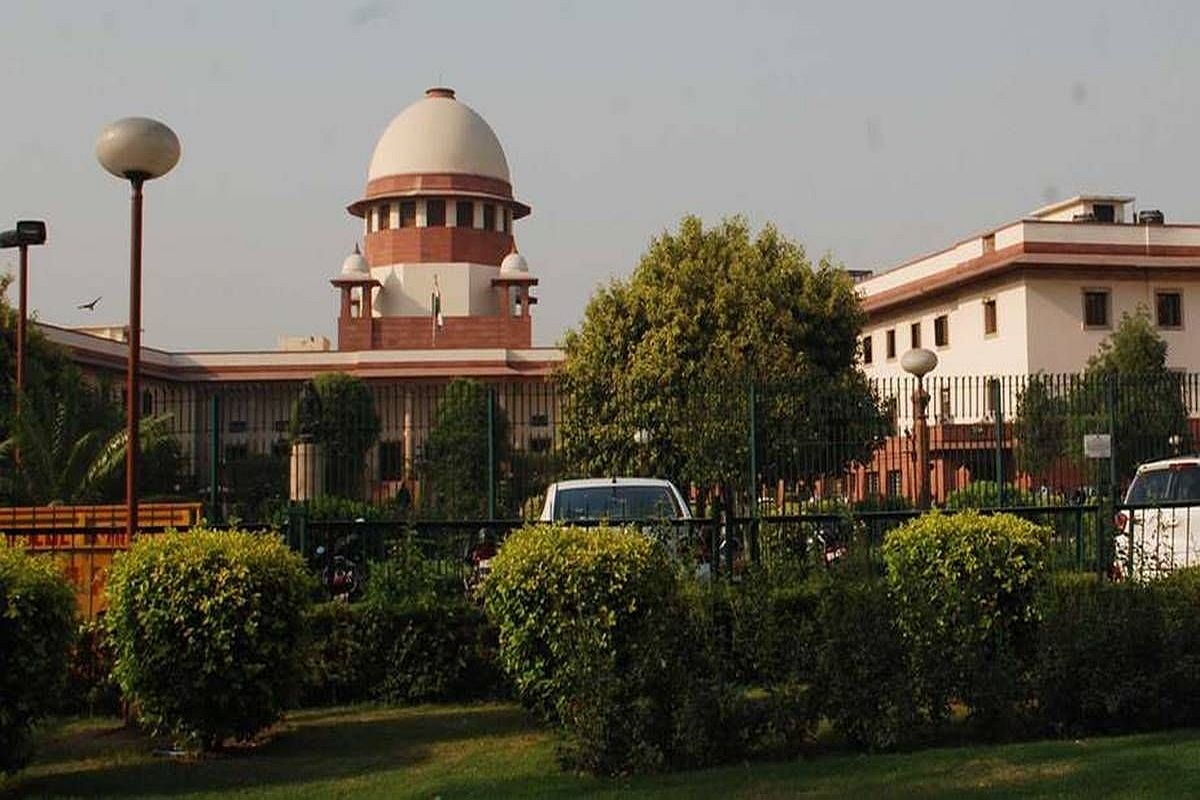Recording co’s appeal in Madras HC casts a shadow on Ilaiyaraaja’s 4.5K songs
The Second Division Bench of Justices R. Mahadevan and Mohammed Shaffiq on Wednesday passed the interim order.
The plea seeks disqualification of Panneerselvam and 10 others for having voted against the Palaniswami government when they were in the rebel camp.

Supreme Court (Photo: Getty Images)
The Supreme Court today sought the Tamil Nadu government’s response on a DMK petition, which has alleged the assembly speaker did not act on a plea seeking disqualification of 11 AIADMK lawmakers who voted against the Chief Minister E Palaniswami during a 2017 confidence vote. The 11 lawmakers included Deputy Chief Minister O Panneerselvam.
A bench headed by Chief Justice SA Bobde took note of the submission of senior advocate Kapil Sibal appearing for DMK that the disqualification plea was moved before the Speaker in March 2017, but even after a lapse of three years, no action has been taken by the Speaker.
“Tell us whether you are going to take action. If yes, then when and how,” the bench comprising Justices BR Gavai and Surya Kant asked the law officer representing the Tamil Nadu government. The bench then fixed the plea for hearing on February 14 when the state government will have to respond.
Advertisement
During a hearing on January 24, DMK referred to the top court verdict in the Manipur minister case in which the court said Parliament should “rethink” whether the Speaker of a House should continue to have powers to disqualify lawmakers as such a functionary “belongs to a particular political party”.
The Madras High Court in April 2018 dismissed DMK’s plea seeking disqualification of the MLAs, citing pendency of a plea in the apex court on the powers of a court to issue directions to an assembly speaker.
The plea seeks disqualification of Panneerselvam and 10 others for having voted against the Palaniswami government when they were in the rebel camp. It contends that by voting against the trust motion, these MLAs violated the whip and hence attracted disqualification under the anti-defection law.
Advertisement